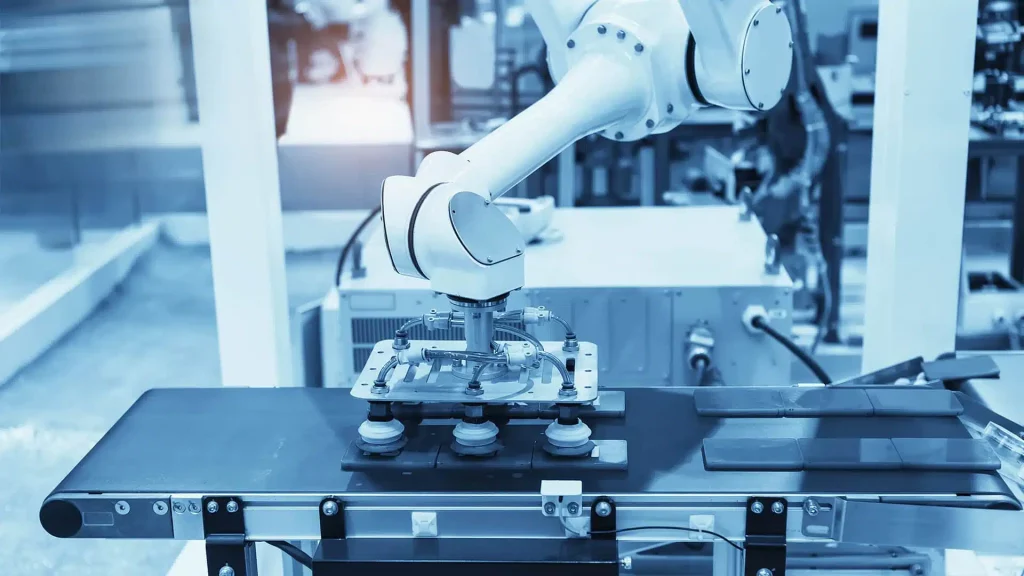
In the pharmaceutical industry, precision, efficiency, and safety are paramount. This is where pharmaceutical milling machinery steps in, revolutionizing the process of medication manufacturing. These high-tech machines are responsible for reducing particle sizes, controlling uniformity, and ensuring the quality and efficacy of pharmaceutical products.
The Role of Pharmaceutical Milling Machinery
Pharmaceutical milling machinery plays a pivotal role in the pharmaceutical manufacturing process. Its primary function is to reduce the size of active pharmaceutical ingredients (APIs), excipients, and other components used in drug formulations. Milling machinery accomplishes this by utilizing various techniques to achieve the desired particle size distribution, ensuring the quality and efficacy of the final product.
Key Functions and Applications of Pharmaceutical Milling Machinery
1. Particle Size Reduction:
The primary goal of pharmaceutical milling machinery is to reduce particle size. This is crucial for improving drug solubility, ensuring uniform distribution of APIs in formulations, and enhancing the effectiveness of the medication.
2. Granulation:
Milling machinery can also be used in the granulation process, where smaller particles are combined to form larger granules. This aids in improving the flow properties and compaction of the material, making it easier to handle and process.
3. Controlling Particle Distribution:
Milling machinery allows precise control over the particle size distribution. This control is essential for formulating pharmaceutical products with specific release profiles, such as immediate release, sustained release, or controlled release.
4. Quality Assurance:
Pharmaceutical milling machinery ensures product quality by reducing variations in particle size, minimizing dust generation, and preventing cross-contamination. Quality assurance is especially critical in pharmaceutical manufacturing to meet regulatory standards.
Advancements in Pharmaceutical Milling Machinery
The pharmaceutical industry is constantly evolving, and so is the machinery used in the manufacturing process. Advancements in pharmaceutical milling machinery have led to improved efficiency, flexibility, and compliance with stringent regulatory requirements.
Let’s delve into some of the recent developments shaping the future of pharmaceutical milling:
1. High Containment Systems:
The need for containment solutions in pharmaceutical manufacturing has led to the development of high containment milling machinery. These systems are designed to handle potent or toxic substances with minimal operator exposure. They feature advanced seals, isolators, and gloveboxes, ensuring product safety and compliance with occupational health and safety standards.
2. Integrated Process Control:
Modern pharmaceutical milling machinery is equipped with advanced process control systems that allow real-time monitoring and adjustment of key parameters. This integration enhances product consistency and reduces the risk of deviations in the manufacturing process.
3. Wet Milling Technologies:
While traditional dry milling is common in pharmaceutical manufacturing, wet milling technologies have gained popularity. Wet milling involves the use of liquid or solvents to achieve particle size reduction. It is especially useful for APIs that are sensitive to heat or exhibit poor solubility.
4. Nano-Milling:
Nano-milling is an emerging technology that focuses on reducing particle sizes to the nanometer scale. This enables the development of nanomedicines with enhanced bioavailability and targeted drug delivery. Pharmaceutical milling machinery designed for nano-milling is a promising frontier in the industry.
5. Flexible Milling Systems:
Pharmaceutical companies often require flexibility in their manufacturing processes to accommodate different drug formulations and production scales. Advanced milling machinery can be easily adapted to handle various materials and processes, ensuring versatility and cost-effectiveness.
6. Regulatory Compliance:
With stringent regulations governing pharmaceutical manufacturing, milling machinery now comes with features and documentation to facilitate compliance. This includes the ability to record and report process parameters, ensuring transparency and traceability in production.
7. Energy Efficiency:
Sustainability is a growing concern in the pharmaceutical industry. Recent advancements in milling machinery focus on energy efficiency, reducing resource consumption, and minimizing environmental impact. This not only benefits the environment but also contributes to cost savings.
8. Remote Monitoring and Maintenance:
In an era of digital transformation, pharmaceutical milling machinery is increasingly equipped with remote monitoring and maintenance capabilities. This allows operators to oversee the equipment’s performance, troubleshoot issues, and perform maintenance tasks remotely, improving operational efficiency and reducing downtime.
Challenges and Considerations
While pharmaceutical milling machinery has made significant strides, it is not without its challenges and considerations. Manufacturers must navigate issues such as:
1. Regulatory Compliance:
Meeting strict regulatory requirements is paramount in pharmaceutical manufacturing. Companies must ensure that their milling machinery is compliant with Good Manufacturing Practices (GMP) and other industry regulations.
2. Material Compatibility:
Different APIs and excipients have varying characteristics, including hardness, friability, and heat sensitivity. Pharmaceutical milling machinery should be carefully selected to match the properties of the materials being processed.
3. Operator Training:
The operation and maintenance of sophisticated milling machinery require well-trained operators who understand the equipment’s capabilities and limitations.
4. Cost-Benefit Analysis:
Investing in advanced pharmaceutical milling machinery is a significant financial decision. Companies must conduct a cost-benefit analysis to determine the long-term advantages and return on investment
Conclusion
Pharmaceutical milling machinery is at the forefront of innovation in the pharmaceutical industry, enabling the production of high-quality medications that meet the stringent standards of efficacy, safety, and regulatory compliance. Recent advancements in milling technology have focused on precision, control, and flexibility, ushering in a new era of pharmaceutical manufacturing.
As the industry continues to evolve, pharmaceutical companies must stay abreast of the latest developments in milling machinery to ensure they remain competitive, efficient, and capable of meeting the ever-increasing demands for pharmaceutical products. With a commitment to quality and a keen eye on emerging technologies, the future of pharmaceutical milling machinery holds great promise for the pharmaceutical industry and, ultimately, for the health and well-being of patients worldwide.
Comments are closed.